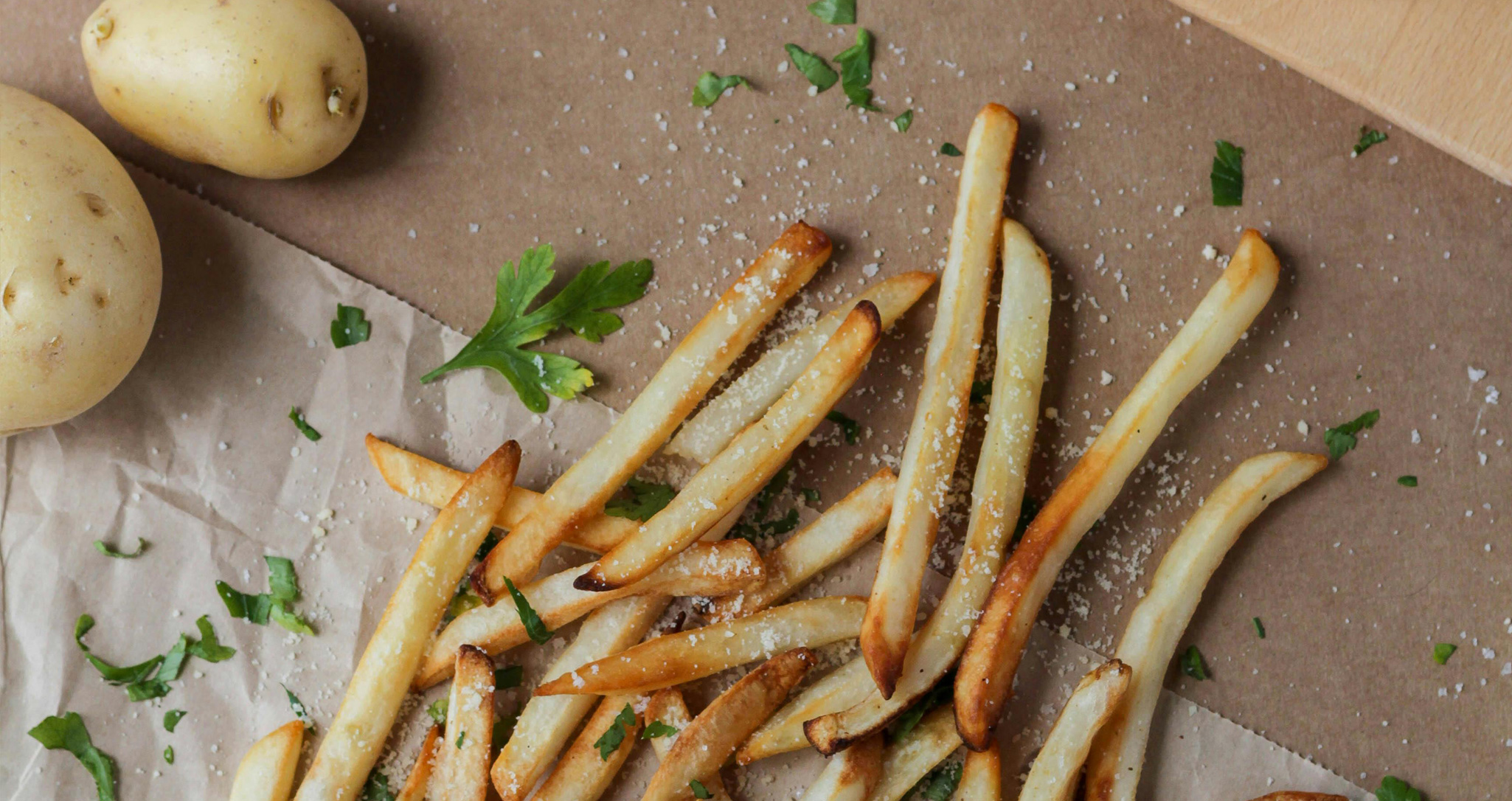close
In this blog we’ll delve deep into the top five culprits contributing to premature ageing and share why avoiding them is crucial for maintaining youthful radiance.
One of the biggest culprits behind premature skin ageing is excessive sugar consumption. When you consume sugary foods and beverages, such as soda, candy, and pastries, it can lead to a process called glycation.
Glycation occurs when sugar molecules attach themselves to proteins in your bloodstream, forming harmful compounds known as advanced glycation end products (AGEs). These AGEs not only contribute to various health issues but also wreak havoc on your skin’s structural integrity.
Collagen and elastin, two essential proteins abundant in your skin’s dermal layer, are particularly vulnerable to damage from AGEs. Collagen provides the skin with strength and firmness, while elastin allows it to retain its elasticity and bounce.
However, when AGEs accumulate in the skin, they disrupt the structure of collagen and elastin fibers. This interference leads to cross-linking, a process where these fibers become stiff and less flexible.
As a result, the skin loses its ability to bounce back and becomes more prone to sagging and wrinkling. Furthermore, damaged collagen and elastin fibers are less effective at supporting the skin’s overall structure, leading to a loss of firmness and resilience. Over time, this deterioration manifests as visible signs of ageing, including fine lines, wrinkles, and a loss of skin tone.
To maintain youthful skin, it’s crucial to limit your intake of refined sugars and opt for healthier alternatives like fruits or natural sweeteners like honey or maple syrup.
By minimising your sugar consumption, you can help preserve the integrity of collagen and elastin fibers, promoting firmer, more resilient skin for years to come.
Processed foods, including fast food, packaged snacks, and convenience meals, are often high in unhealthy fats, sodium, and artificial additives. These are among the top culprits—Foods That Accelerate Skin Ageing—by promoting inflammation and oxidative stress, two processes linked to accelerated ageing.
Additionally, processed foods typically lack essential nutrients like vitamins, minerals, and antioxidants, which are vital for skin health.
Instead of relying on processed foods, focus on incorporating whole, nutrient-rich foods into your diet, such as fruits, vegetables, lean proteins, and whole grains. These foods provide the nutrients your skin needs to stay healthy and radiant.

Trans fats, commonly found in fried foods, margarine, and commercially baked goods, are another dietary factor that can contribute to skin ageing.
These unhealthy fats increase inflammation in the body, which can lead to a breakdown of collagen and elastin in the skin. Additionally, trans fats interfere with the body’s natural repair processes, making it harder for your skin to recover from damage caused by environmental factors like UV radiation and pollution.
To protect your skin from premature ageing, it’s best to avoid foods containing trans fats and opt for healthier fats like those found in avocados, nuts, and olive oil.

While an occasional glass of wine or cocktail may not have a significant impact on your skin, excessive alcohol consumption can take a toll on its appearance. Alcohol dehydrates the body, leading to dry, dull-looking skin and accentuating the appearance of fine lines and wrinkles.
Additionally, alcohol dilates blood vessels near the skin’s surface, causing redness and flushing. Over time, frequent alcohol consumption can lead to broken capillaries and a condition known as rosacea, characterised by persistent redness and inflammation.
To maintain youthful, hydrated skin, it’s essential to moderate your alcohol intake and stay hydrated by drinking plenty of water throughout the day.

Foods with a high glycemic index (GI), such as white bread, potatoes, white rice, and sugary cereals, can cause spikes in blood sugar levels, leading to inflammation and glycation in the skin.
These foods also trigger the release of insulin, a hormone that can increase sebum production and contribute to acne breakouts. To keep your skin clear and youthful, opt for low-GI foods like whole grains, legumes, fruits, and vegetables, which provide a steady source of energy without causing rapid fluctuations in blood sugar levels.
Instead, focus on incorporating whole, nutrient-rich foods into your diet, staying hydrated, and practicing other healthy habits like regular exercise and stress management. With the right approach, you can nourish your skin from the inside out and enjoy a youthful glow for years to come.